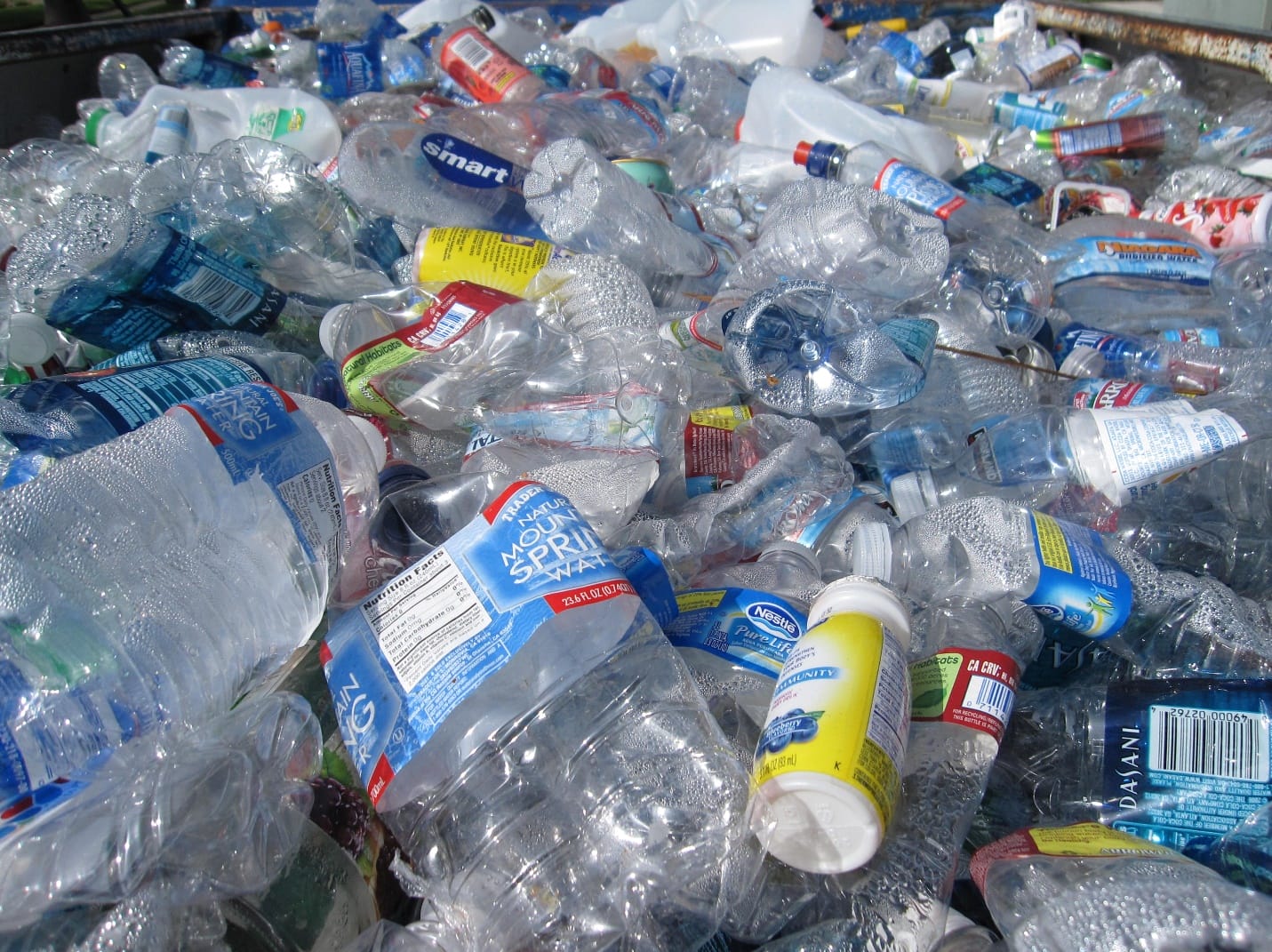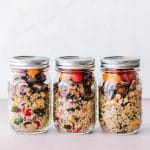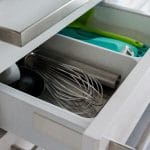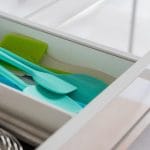Plastic or Glass? What is the right choice? Are people making a fuss for no reason over plastic, or is it an actual problem? You decide. We will compare them both to find out which is the best.
History of Plastic Containers
In 1993, polyethylene started being used to make all sorts of items, and plastic production increased rapidly during the second world war. After the war, plastic-making companies started making products for civilian consumers.
Suddenly there was a plastic solution for every problem and thus began the era known as the plastic century. Before plastic use became widespread, everything was made exclusively with bioavailable materials. For example, billiard balls were made from ivory, and bottles were made of glass.
Compare Plastic and Glass
Regarding food containers, both plastic and glass are used nowadays. Despite the environmental impact of the plastic century, we are still using more single-use plastic than ever. Let’s take the time to compare plastic and glass to figure out which is better.
Source
Glass is made from bioavailable materials such as sand or limestone. In contrast, plastic is made from petroleum, which must be extracted from the earth. You can say plastic is much more natural than plastic, which is why it has been around longer. The process of manufacturing glass was more intuitive for humans to discover.
Recycle
No matter how often you recycle glass, its quality does not diminish. You cannot tell apart a bottle of glass made from freshly made glass or glass that’s been recycled twenty times. That is why we say glass is 100% recyclable.
Even if it is not fully converted to glass again, we can crush it back into the sand. That sand can be used to decorate beach resorts or for landscaping. It can also be repurposed back to make glass again.
Even though glass is easy enough to recycle, only 31.3% of it got recycled in 2018. On the other hand, each time plastic is recycled, its quality deteriorates. That means that it will eventually reach the landfill after some time. Plastic is more expensive than glass, and not all plastics can be recycled. So when it comes to recycling, plastic loses to glass.
Biodegradability
When we say something is biodegradable, it can decompose into its components and return to the environment. Like how organic waste becomes compost over time.
Glass is not easily decomposable. It would take four thousand years to decompose modern-day glass. That is why we should opt to use recycled glass whenever possible. Recycled glass causes 50% less air pollution and uses 20% less water.
At the same time, plastic does not decompose at all, nor can it be recycled completely. Whenever we use plastic, we invest in something that will remain on the planet forever. Right now, there are 5.25 trillion macro and micro pieces of plastic in our ocean, which is rising as you read this.
Production Cost
It takes more energy to heat the raw materials to make glass, and shaping it takes time. That is why producing glass is more expensive than producing plastic.
This marks up the price for glass containers and bottles. Plastic has always had the upper hand since it is cheaper. Companies must be more careful shipping things in glass containers than plastic which also increases the price.
Chemical Leaching
Plastic containers slowly leach harmful chemicals such as biphenyl A (BPA), polybrominated diphenyl ethers (PBDE), and phthalates. We do not know how many chemicals plastics readily leak into food and beverages. We also don’t know the full extent of the health issues caused by the chemicals that leak out of plastic. Here are some of the known issues linked to the chemicals leached by plastics:
- Reduced testosterone production in men
- Obesity
- reduced fertility
- ADHD
- early puberty in girls
- diabetes
Disposal
Plastic and glass are both improperly disposed of. People either litter or throw glass into the trash. Glass breaks over time and becomes tiny sharp pieces that hurt wildlife. When glass is crushed in a recycling facility into the sand, its sharp edges are rounded, so they don’t cause any injuries.
Plastic is a massive problem because it ends up in landfills even if you recycle it. It has nowhere to go, and we have no solution for the plastic we have already thrown away, yet we keep making more.
Durability
Glass breaks much more easily than plastic. That is why it hasn’t been able to replace plastic on all fronts. Plastic may be more durable, but its known and unknown health benefits make it dangerous.
If we figure out how to manage glass containers better, we could have a world without plastic use. At least related to food and beverages.
How to Reuse Glass Containers in Your Home Sustainably
Glass containers are expensive. However, they more than compensate for it since you can use them repeatedly until they break. Broken glass can be used for crafts or sold to a recycling plant.
One way you can use glass containers in your home is by only buying food and beverages in glass containers from the store. You can clean them after finishing the contents and use them in your home. That is a fun way to reuse glass at home.
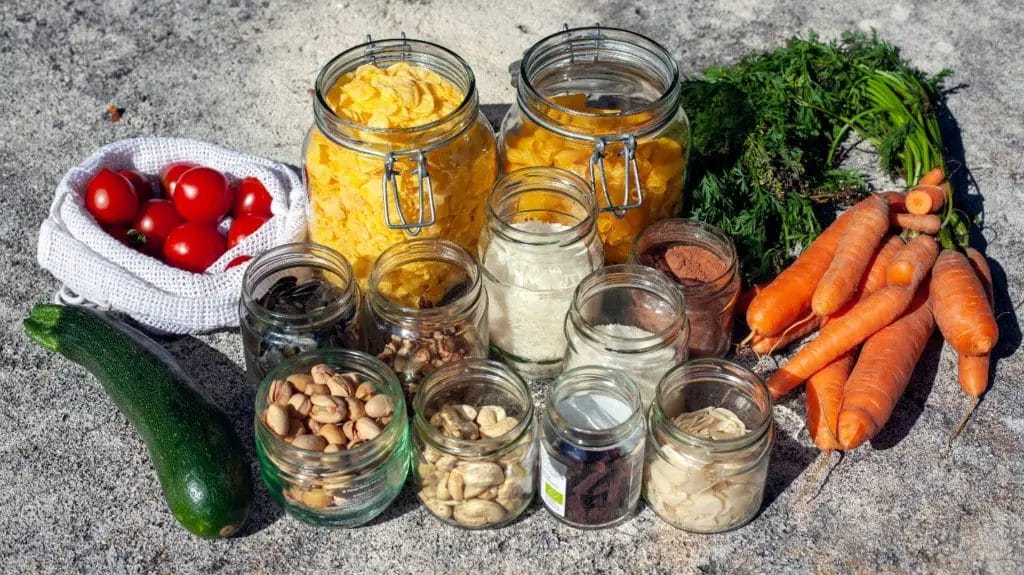
How to Cut Down Plastic Use
Every effort counts. Even the most minor acts build up to make a difference. Cutting down on plastic today is a step towards a plastic-free tomorrow. Here are a few ways you can use less plastic
- Use tote bags or baskets while shopping.
- Buy Produce from the farmer’s market instead of the store whenever possible
- Use Subscription services that refill glass containers whenever possible
- Buy your own reusable water bottle
- Get a water filter for your tap water to avoid using bottled water
- Buy canned beverages or beverages in glass bottles
Conclusion
Glass is better for our health and the environment. It’s more expensive than plastic but also 100% recyclable. Do the right thing and replace your plastic use with glass whenever possible.
Let’s say no to plastic for a healthier tomorrow. Healthier people and a healthier planet are possible if we try.

